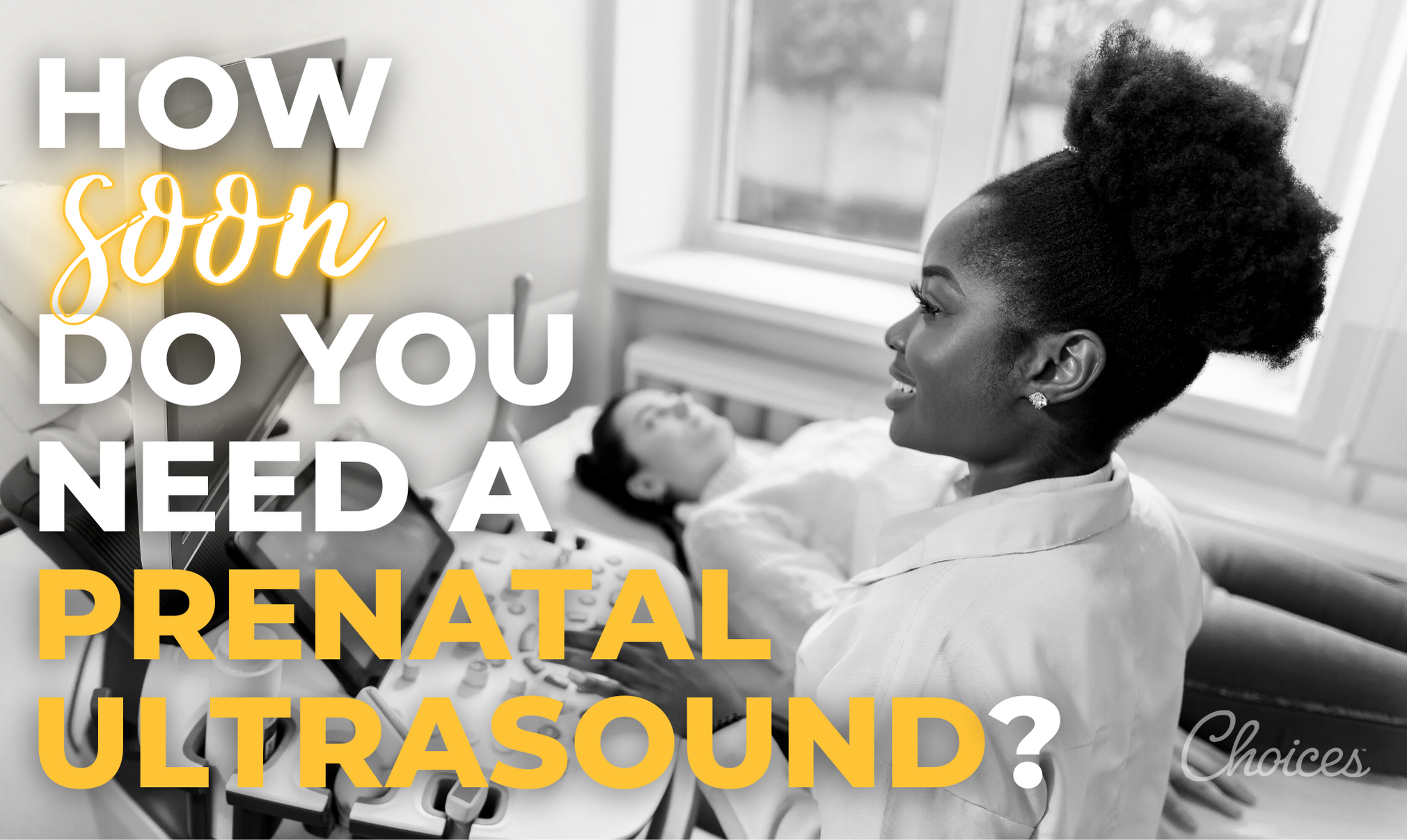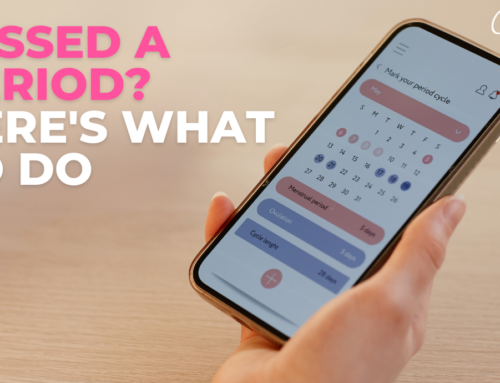If you’re reading this article, chances are you’ve just found out you’re pregnant or you’re planning to conceive soon. This exciting journey brings a whirlwind of emotions and countless questions, one of the most common being, “When do I need my first prenatal ultrasound?”
Understanding the importance of prenatal ultrasounds and knowing when to schedule them can help you stay informed about your baby’s development and ensure a healthy pregnancy. Here are a few ways an ultrasound can help support your pregnancy and some tips about when to schedule your ultrasound.
- Confirming the Pregnancy: In most cases, your first prenatal ultrasound will be scheduled early in your pregnancy to confirm that you are indeed pregnant. This typically occurs around 6 to 8 weeks after your last menstrual period. During this initial ultrasound, your healthcare provider will check for the presence of a gestational sac, a fetal heartbeat, and the number of embryos. Confirming the pregnancy at an early stage allows your healthcare team to establish a baseline for your prenatal care and ensure you receive the necessary support.
- Dating the Pregnancy: Determining the gestational age accurately is crucial for your prenatal care. The first ultrasound is used to date your pregnancy, estimating the due date (EDD) based on the baby’s size and growth. A precise due date helps your healthcare provider monitor the baby’s development more effectively and plan for necessary tests or interventions.
- Assessing Viability and Multiple Pregnancies: An early ultrasound also helps evaluate the viability of the pregnancy, particularly if you’ve experienced any symptoms like bleeding or cramping. Unfortunately, not all pregnancies progress as expected, and early ultrasounds can detect signs of a potential miscarriage.
Additionally, if you have a higher risk of multiple simultaneous pregnancies due to factors like fertility treatments or family history, early ultrasounds can confirm and monitor the presence and development of multiple embryos.
- Screening for Anomalies: Between 18 to 22 weeks of gestation, you will typically undergo a more detailed ultrasound, known as the anatomy scan. This critical ultrasound examines the baby’s organs and structures, ensuring that everything is developing as it should be. The anatomy scan can identify potential anomalies or congenital disabilities, allowing for timely medical interventions or making preparations for any necessary medical care after birth.
- Monitoring Growth and Development: Throughout your pregnancy, your healthcare provider may schedule additional ultrasounds to monitor your baby’s growth and development. These scans help ensure that your little one is thriving and provide valuable information about the placenta, amniotic fluid levels, and the baby’s position in the womb.
- Revealing the Gender: If you’re eagerly awaiting the news of whether you’re having a boy or a girl, a prenatal ultrasound can typically reveal the baby’s gender around 18 to 20 weeks. This moment can be a special bonding experience for parents as they envision the future with their little one.
As you embark on your pregnancy journey, understanding the timing and significance of prenatal ultrasounds is crucial for ensuring your and your baby’s health and well-being. These safe, non-invasive procedures offer valuable insights into your baby’s growth, development, and overall health, allowing healthcare professionals to provide the best possible care throughout your pregnancy.
Remember to stay in close communication with your healthcare team and follow their recommendations regarding the timing and frequency of ultrasounds.
What if I’m Facing an Unexpected Pregnancy?
Ultrasounds are still a good idea even if you’re facing an unwanted or unplanned pregnancy. If you feel confused or need a consultation about your options, ultrasounds provide a wealth of information for moving forward, and are vital for your health prior to any medical or chemical procedures.
For more information, please contact Choices Pregnancy Centers. Our caring, knowledgeable advocates and licensed nurses are available to listen, consult, and help you understand your options. Please make an appointment today!







